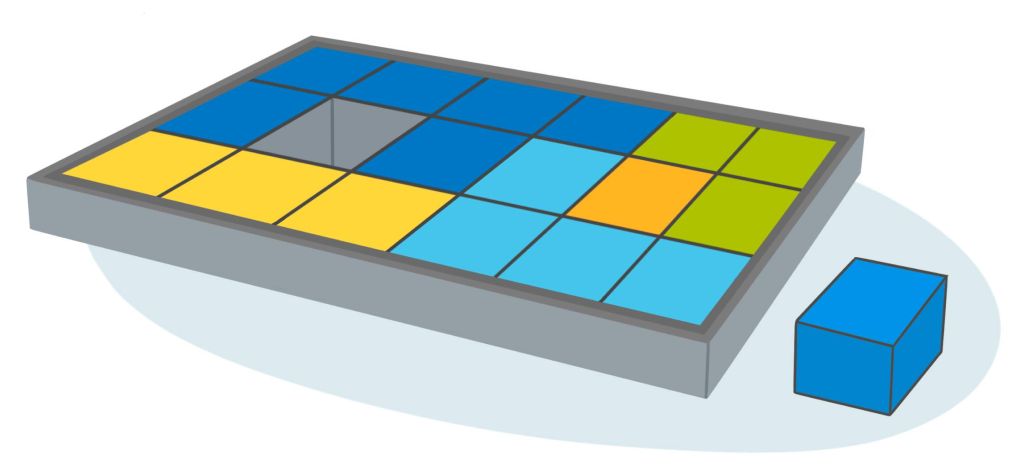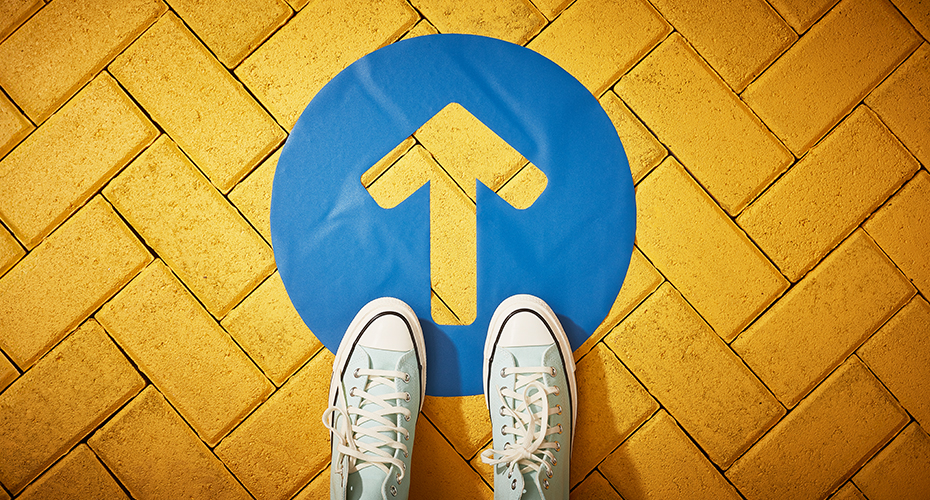Published March 20, 2025 • 6 Min Read
TLDR
-
As deadline for filing your 2024 Canadian tax return approaches, you want to ensure that you’re prepared.
-
Identify which tax slips you need to fill out your return, including slips that detail your income from work, investments, trusts and more.
-
You should receive most of your tax slips in the mail or you can also access many of them online.
-
Understanding what tax slips you need and where to find them can help speed your return filing process.
It’s that time of year—tax season. Most Canadians are required to file their 2024 tax return by April 30, 2025. The prospect of organizing your tax return can often be overwhelming and stressful.
However, understanding what tax slips you need and where to find them makes filling out your return easier and increases the likelihood of meeting the filing deadline. Do so, and you’ll avoid penalties or interest on taxes you owe and receive refunds, benefits, or credit payments without delay.
Here’s a quick guide to some of the most common tax slips.
1. Employment, Unemployment and other Income Slips (T4, T4A, T4E, CPP/T4P and OAS)
Your T4 tax slips report your annual earnings and deductions. They are typically provided by your employer by the end of February. The T4 tax slip will show your total income earned, including wages, salaries, commissions, and bonuses. It may include vacation pay, taxable benefits and deductions withheld throughout the year. The T4 tax slips may be mailed to you, or you may find them through your company’s online portal. Canadians who are self-employed or who receive income from sources that aren’t traditional employers receive T4A tax slips.
If you were unemployed at any point throughout the year and received unemployment benefits, you can find your T4E on the Canada Revenue Agency’s website through My Service Account Canada. The T4E slip denotes the gross amount of benefits paid, the income tax deducted, and the amount paid towards and overpayment, if that applies.
If you received benefits from the Canadian Pension Plan or Old Age Security, then you’ll receive a CPP or OAS tax slip. Both are usually mailed by the end of February or you can also access them online via My Service Account Canada. Like T4 tax slips, CPP and OAS tax slips show how much you received, the deducted income tax amount and more.
2. RRSP Contribution Receipts
If you contributed to a Registered Retirement Savings Plan (RRSP), you’ll need your RRSP contribution receipts. You might receive two: one records the contributions you made up until Dec. 31, and the other records contributions for the first 60 days of this year. Your financial institution or investment brokerage may provide these to you by mail or online.
3. Investment Income Slips (T5)
If you have other investments, look for T5 tax slips from your financial institution or investment brokerage, either through mail or their online platform. They will detail your income from dividends and interest.
4. Education Expenses (T2202A)
If you’re a post-secondary student, you’ll need your T2202A tax slip from your educational institution. This documents your tuition fees and months of enrollment for your education credits. You may be able to find this on your student portal, or through the registrar’s office.
5. Work From Home Expenses (T2200)
If your employer requires you to work from home sometimes, you may need a T2200 tax slip from your employer. This certifies that you were required to pay for some of your home office costs, and allows you to deduct some of those expenses.
Every tax situation is different. If you have medical expenses, child care expenses, or are self-employed, you may also need to collect and calculate your receipts. It’s also worth finding out what’s new to the 2024 income tax and benefit return, as there may be new deductions you may qualify for. Consult with your tax advisor, accountant and/or legal advisor for specifics related to your tax situation.
Frequently Asked Questions about Canadian Tax Slips
Here are some frequent questions regarding tax slips, how to obtain them and what tax slips you may need.
When do tax slips come out?
Employers, financial institutions, and benefits administrators prepare your tax slips. You should receive your T4, T4A and T5 slips by the end of February. However, Canadians who are expecting T3 and T5013 slips will receive them by end of March. You can also access many tax slips via your Canadian Revenue Agency portal. However, the CRA reports that some may not be available this year because the agency granted relief for late-filing penalties.
How do I get my CPP and OAS tax slips?
To access your CPP and OAS tax slips, log into your My Service Canada Account.
What is a T5 tax slip?
A T5 tax slip is sent by a financial institution, brokerage or other entity that manages investments. It reflects any income that Canadians have earned on investments.
What is a T4A tax slip?
A T4A tax slip identifies the amount of income earned as a self-employed or contract worker.
What is a T3 tax slip?
A T3 tax slip provides record of any income that Canadians earned via a trust.
Do you get a tax slip for TFSA?
Canadians that have a Tax-Free Savings Account will not receive a tax slip from the account issuer. However, issuers are required to send the CRA an individual record of the TFSA.
What is a T5007 tax slip?
A T5007 tax slip shows the amount of social assistance benefits that an individual received the previous year. While Canadians don’t have to pay taxes on these benefits, the information must be included on individual income tax returns.
What is T5008 tax slip?
A t5008 tax slip how much you were paid or credited for securities you bought or sold during the year.
Being organized and prepared for tax season is the best way to ensure you taxes are filed on time—and that you receive any refunds as soon as possible. If you have questions about the tax return process or how to organize your financials, book an appointment with an RBC advisor today.
This article is intended as general information only and is not to be relied upon as constituting legal, financial or other professional advice. A professional advisor should be consulted regarding your specific situation. Information presented is believed to be factual and up-to-date but we do not guarantee its accuracy and it should not be regarded as a complete analysis of the subjects discussed. All expressions of opinion reflect the judgment of the authors as of the date of publication and are subject to change. No endorsement of any third parties or their advice, opinions, information, products or services is expressly given or implied by Royal Bank of Canada or any of its affiliates.
Share This Article






